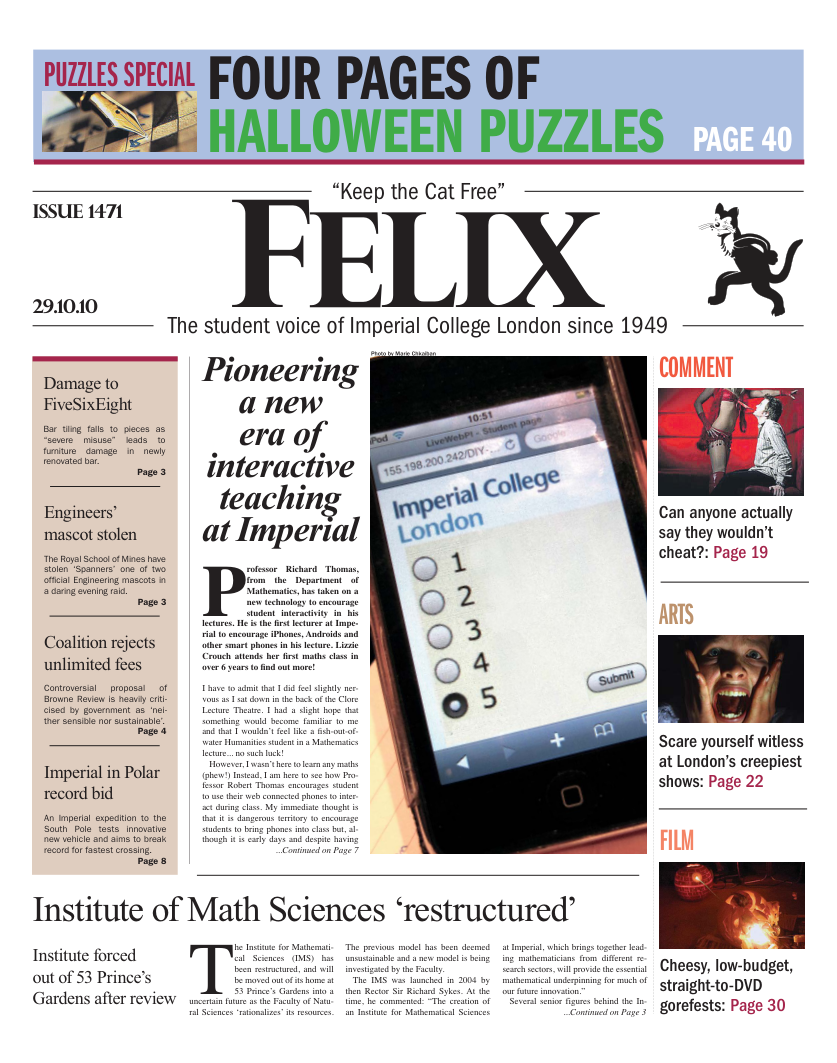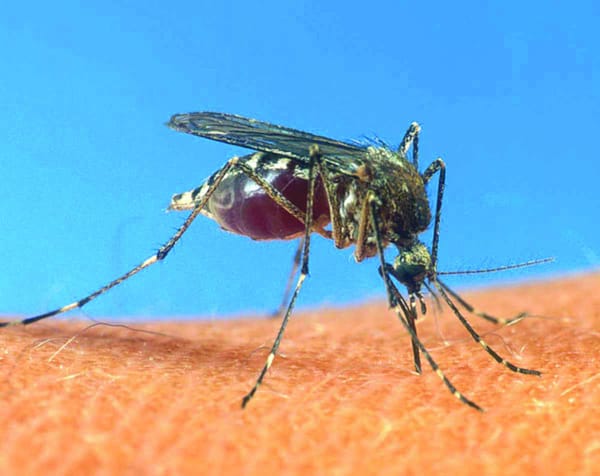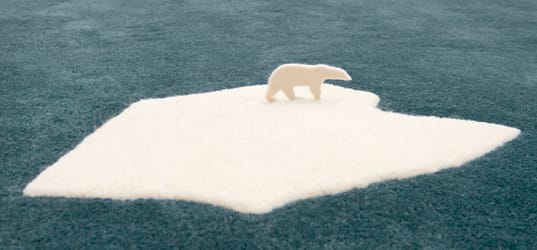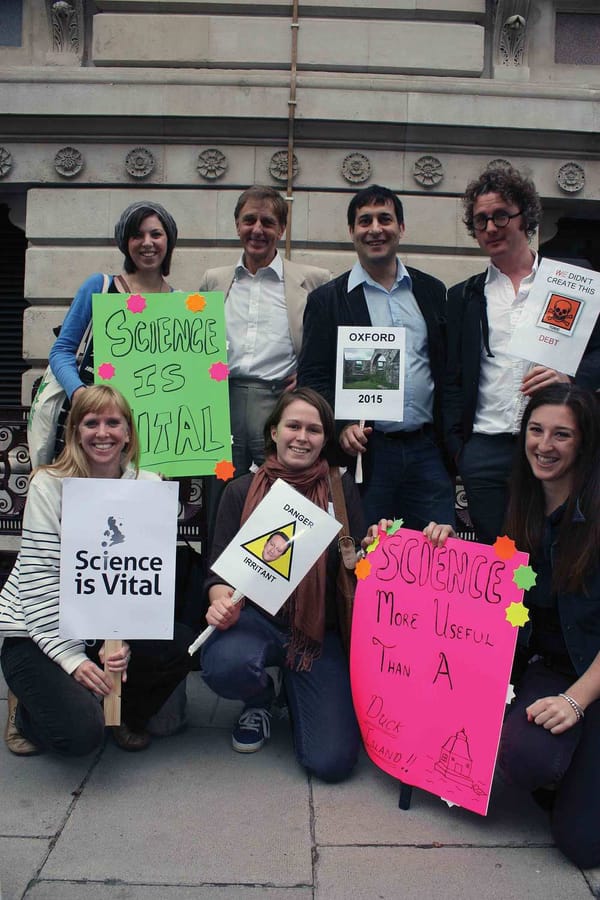Imperial bid for Antarctic record
Pioneering new vehicle set to beat the record for fastest journey to South Pole

Imagine skimming across the icy wastelands of the South Pole. You’re sitting in the cockpit of the prototype Winston Wong Bio-Inspired Ice Vehicle, the cold air biting through your clothes. Your heart rate, temperature and other bio-functions are being continuously monitored by an array of innovative sensors and suddenly your radio crackles to life. It’s the support vehicle saying that your time is up and it’s time to rotate the driver again. Five more minutes you say to yourself as you push the accelerator to the floor and listen to the strangely hypnotic sound of the rotors spinning ever faster.
In a collaborative project involving the Moon Regan Transantarctic Expedition and Imperial College London, two science support vehicles and the Winston Wong Bio-Inspired Ice Vehicle will travel 3,600 miles across Antarctica carrying a range of hi-tech monitoring equipment developed at Imperial. The team will be monitoring the emissions of the vehicles, detecting trace metals in the snow to help understand the distribution of pollutants in the southern hemisphere and measuring fine-scale turbulence in the air. The team themselves will be continuously monitoring their health and the effect of the cold environment on the human body
David Pierson, a PhD student in the Aeronautics Department who is going on the expedition, said, “It’s going to be an amazing experience, it’s difficult to put into words how exciting this whole expedition is and all the different elements of it coming together.”
It’s an amazing opportunity to get the sorts of scientific data that you can’t get any other way" Dr Robin North, Lecturer in Transport and Environment Planning
Dr Robin North, Lecturer in Transport and Environmental Planning in Civ Eng and the Science Lead on the expedition, said, “It’s an amazing opportunity to get the sorts of scientific data that you can’t get any other way. We don’t ever get the opportunity to do a surface level transect of Antarctica. We have a unique opportunity to monitor the impact of our expeditions.”
Chris Toumazou, Director of the Institute of Bio-Inspired Technology that is behind much of the technology, was confident about beating the record saying, “We’ll do it. So it’ll be double win, we’ll beat the record and get all this science done as well.”
The team set off on the 16th of November from the west coast of Antarctica at Patriot Hills and will return by the 15th of December. Without wishing to jinx the expedition, it seems that our boys really will be back before Christmas.








